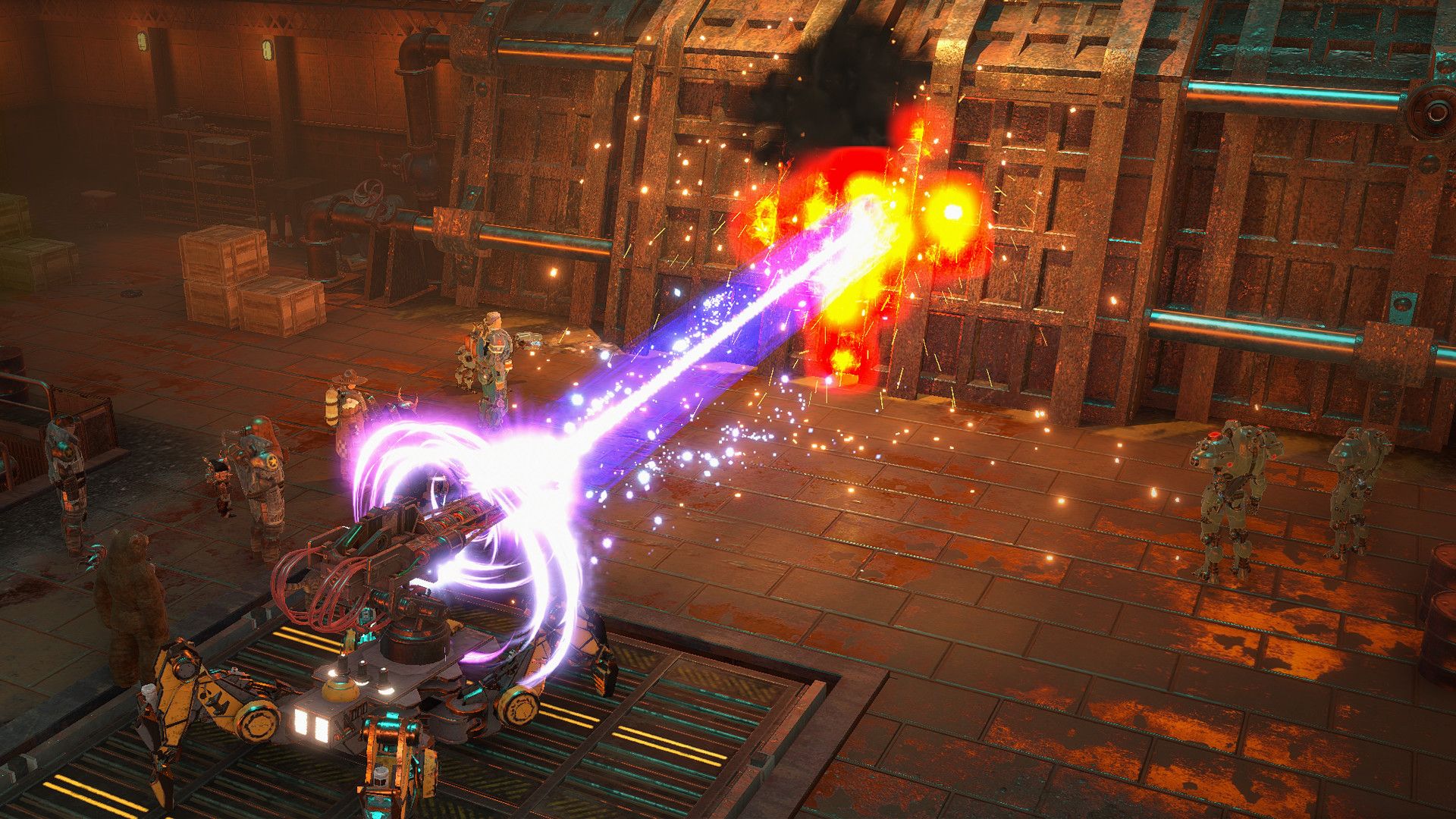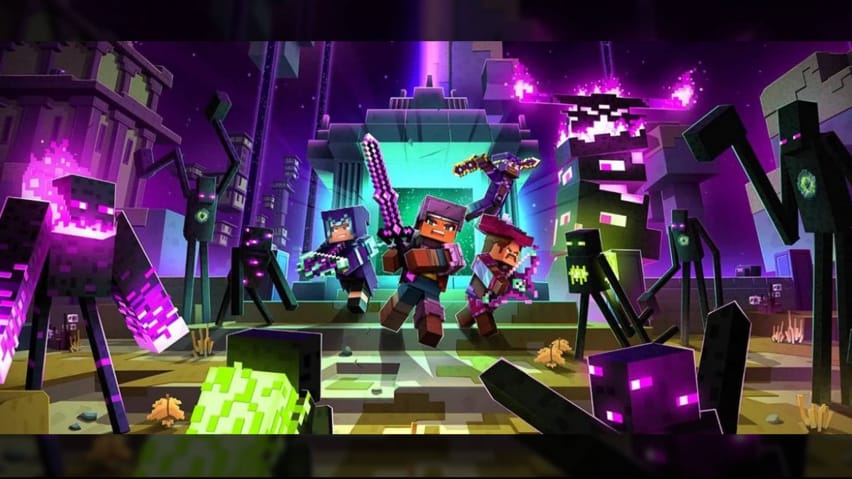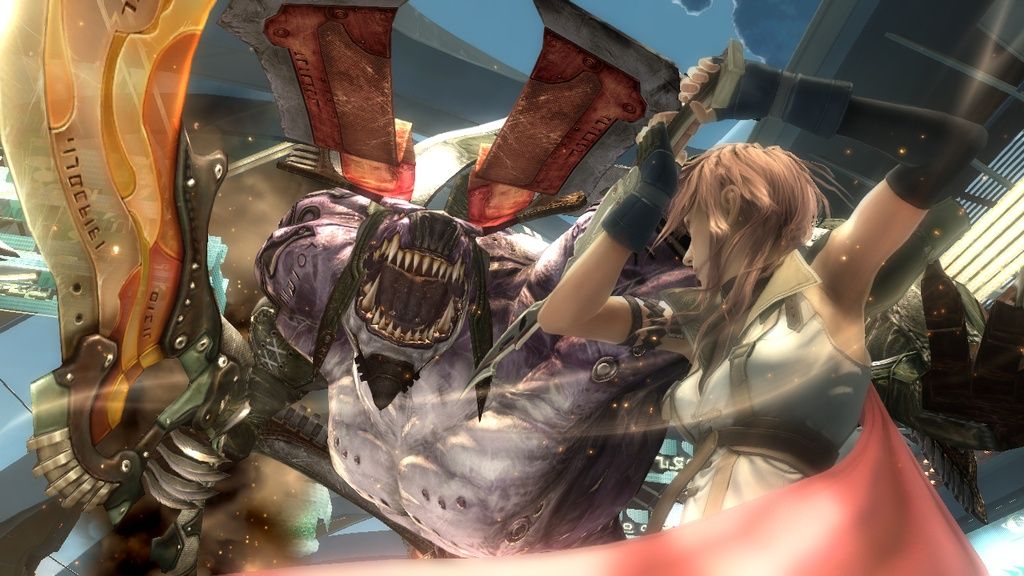
The Final Fantasy 13 trilogy is disappointing – that’s a statement with a lot of baggage. Now that we’ve had years of hindsight to ruminate over it as the series has moved on, made further mistakes, and redefined itself as part of a new golden era, it’s time that baggage was unpacked. Final Fantasy 13, 13-2, and Lightning Returns were the product of a tumultuous time not just for Square Enix’s golden goose, but for Japanese game development as a whole.
It was a period where studios and publishers were desperately trying to appeal to Western gamers, rebooting beloved properties into oblivion out of fear that console gaming was on its way out. This never came to pass, but it didn’t have to – the anxiety faded away after a renaissance of sorts occurred with the massive successes of Final Fantasy 15, Nier Automata, Monster Hunter World, Persona 5, and a handful of other titles that emphasised the value of Japanese creators.
Related: A Director's Cut Won't Fix Ghost Of Tsushima's Biggest Problems
Staying true to their roots was fundamental to these successes, a mantra that has become increasingly clear in recent times as the distinctive divide between Western games and Japanese ones has made itself known. Influences bleed across both territories, but you often know what you’re getting with a tried-and-true JRPG – perhaps this is why Final Fantasy 13 and its sequels were so unfairly derided both upon their arrival and so many years later. They get a bad rap, but I can understand where fans are coming from.
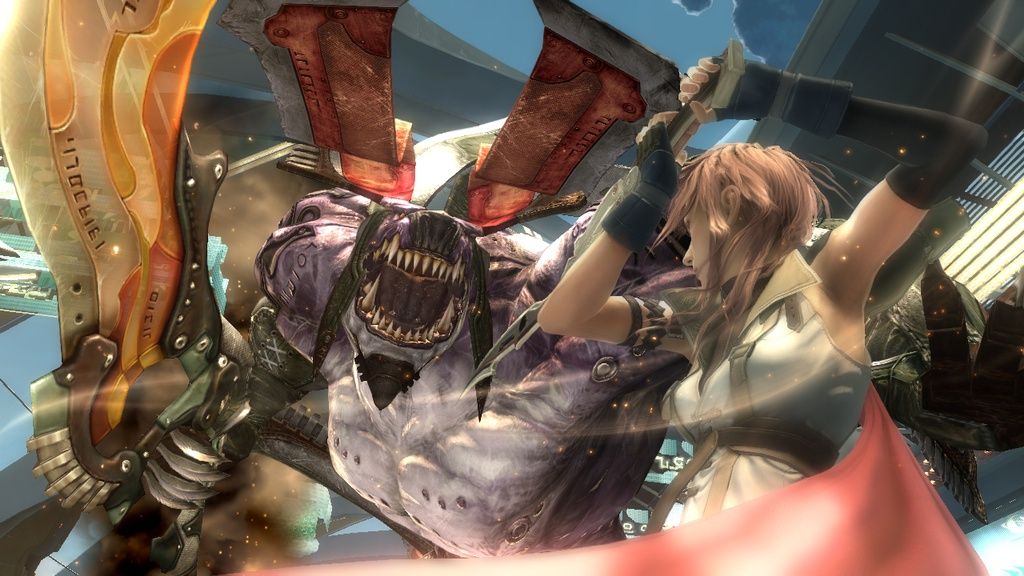
It dared to usurp the open-ended formula of the series in favour of something far more linear, an approach that ultimately didn’t give its characters and narrative enough room to shine. Despite all of these flaws, I think labelling these games as complete failures is both unfair and ignorant to what they set out to achieve, and the overall vision that Square Enix managed to build upon and subvert for each passing game. I don’t think we needed three games of Lightning and company, but I don’t resent the fact we got them, especially when each one is such a fascinating case study into the genre, like a picture in time we can pick apart to see how and why it ever happened.
Final Fantasy 13 is the most conventional of the bunch, being linear in terms of its characters and storytelling to an almost fatal degree. It felt like an evolution of Final Fantasy 10, a game that also kept you on the straight and narrow before unleashing you into the wider world at the 30-hour mark. But it wasn’t a case of convincing your friends “trust me, it’s great after dozens of hours” – it was brilliant from the start thanks to an everlasting sense of mystery and a central cast of characters you were made to care for and admire. By comparison, Final Fantasy 13 lacked this mystery and likeable cast, and the foundation of its journey was much too muddled to pull players in and keep them engrossed.

Even in the first few chapters, you were forced along a singular path and had to work through a constant stream of battles and cutscenes until you encountered a boss, smoked them, and moved onto the next area. Obviously, a few distractions reared their heads in the form of extended exposition dumps and small towns to explore, but otherwise it felt like a rollercoaster ride with a single destination in mind. It grew boring, even though all these years later I love many of its characters and admire what it was trying to do. Its sequel felt like the antithesis of this, learning from all of its flaws and arguably giving us too much freedom, although this was combined with a tiresome level of narrative convolution.
After the first game’s rather tragic conclusion, we step into the shoes of Serah Farron as we team up with newcomer Noel Kriss. The latter is a mischievous twink capable of time travel, able to blink between different dimensions in search of a way to save Lightning and bring their crumbling world back from the brink. While much of the sequel remains linear, there’s infinitely more freedom in how you approach objectives, communicate with NPCs, and simply walk around towns and cities taking in the ambience. Its predecessor didn’t allow for this level of relaxation due to its frenetic pace, but 13-2 feels more subdued, like Square Enix wanted to directly address many of the first game’s larger mistakes.

The overarching narrative was still a mass of incomprehensible rubbish, but a handful of returning characters alongside a more inviting world helped override some of these fumbles. It felt like an overindulgent anime where the wider message seemed to mostly work, so we had to strap ourselves in and forgive some of the sillier additions. I first played the sequel back in secondary school, so my memories of it have faded somewhat, but it was a bright spot for the series in a period where fans were desperate for a win. While it didn’t completely deliver, it was a sign that the future was brighter than we’d initially hoped.
Lightning Returns shattered much of that optimism, and received the most hate out of the entire trilogy. Once again, I think that’s a little excessive, since in many ways, this is the best of the bunch. As you might have guessed from the title, it’s all about the return of Lightning. I’d be here for hours explaining the plot, but it’s set 500 years after the events of FF13 and 13-2, following our heroine as she seeks to save the universe during the final 13 days of its existence. Old faces return with different motivations while newcomers step into the fold and try their best to sell this nonsense with unearned conviction. It doesn’t always work, but the game leans into this excess and feels aware of its own irreverent stupidity. You just need to go with it, and that’s exactly what Lightning Returns does.
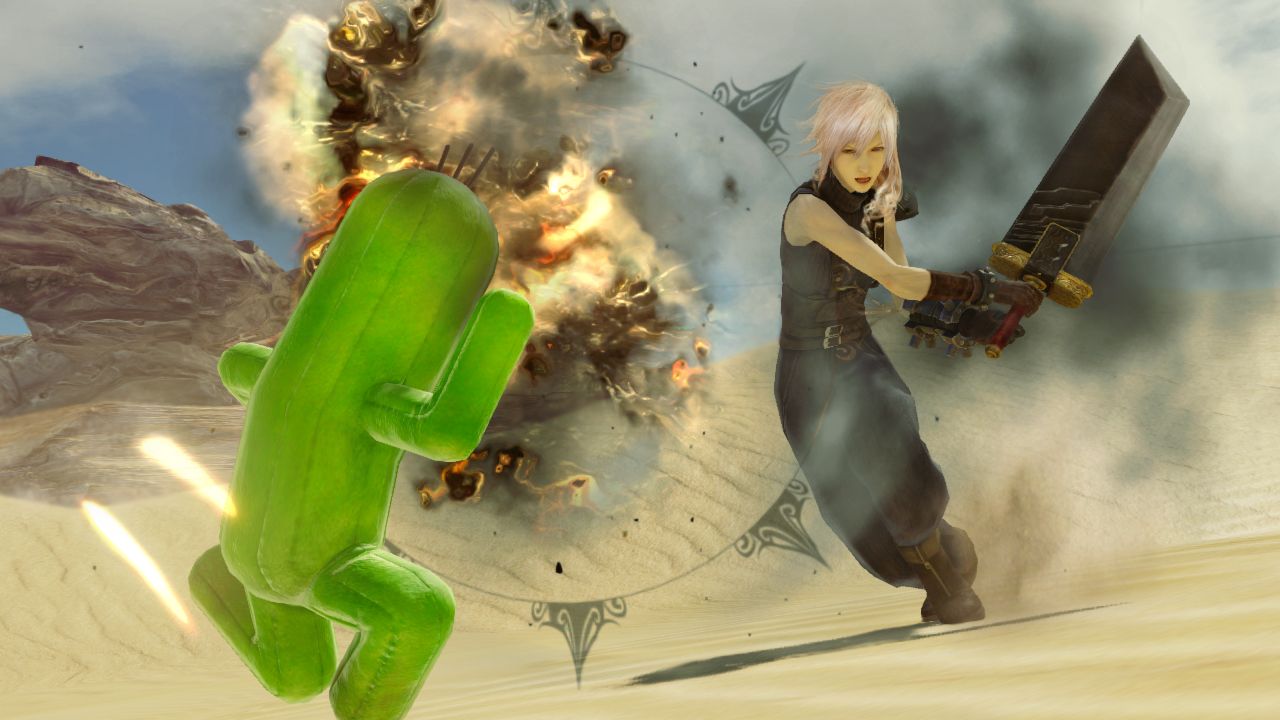
By launch, only a small number of fans were still invested in the trilogy, with many growing impatient with the state of perpetual sequels the series had found itself in. Unless you were interested in remasters, ports, or Final Fantasy Online, there really wasn’t much to keep you going as a hardcore follower back in 2013. Of course, this picture has changed drastically now, with Final Fantasy 14 established as one of the best MMOs around. That’s not to mention the success of both Final Fantasy 15 and Final Fantasy 7 Remake in recent years, or the fact that Final Fantasy 16 and Final Fantasy Origin Stranger of Paradise are visible on the horizon. That’s why I can look back on the Final Fantasy 13 trilogy more fondly, viewing it as a period of experimentation where the entire Japanese gaming scene was going through a time of tremendous change. It was finding its feet all over again, trying to figure out what worked and what didn’t in a medium that wasn’t afraid to evolve and leave them behind.
Final Fantasy 16 and Final Fantasy 7 Remake are worlds away from Final Fantasy 13 in terms of characters, narrative, and overall vision. They feel modern, dictated by current trends and innovations as opposed to trying to morph the series into something it was never designed to be. Objectively, each entry in the trilogy is fundamentally flawed, filled with inconsistent writing, repetitive battle systems, and an approach to continuity that seems to revel in its own inconsistency. Yet I still admire them, and shamelessly enjoy them as experimental entries in a series that was going through an unparalleled moment of evolution. It came out the other end having learned lessons it continues to apply today, so I think it’s worthwhile to appreciate the Final Fantasy 13 trilogy’s place in history whether you love it or hate it.
Next: I Would Kill For A Sequel To Ghost Trick – Phantom Detective
